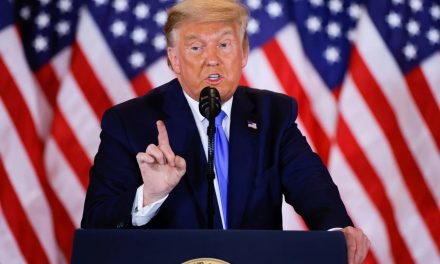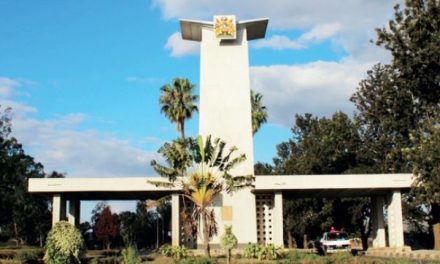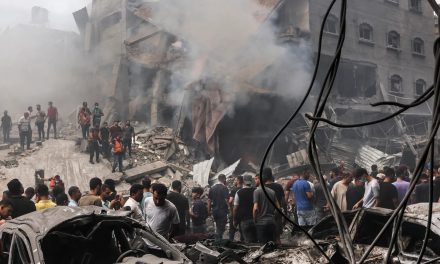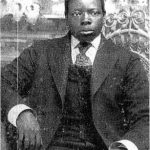
MAHMOUD ABBAS ANNOUNCES FIRST PALESTINIAN ELECTIONS IN 15 YEARS
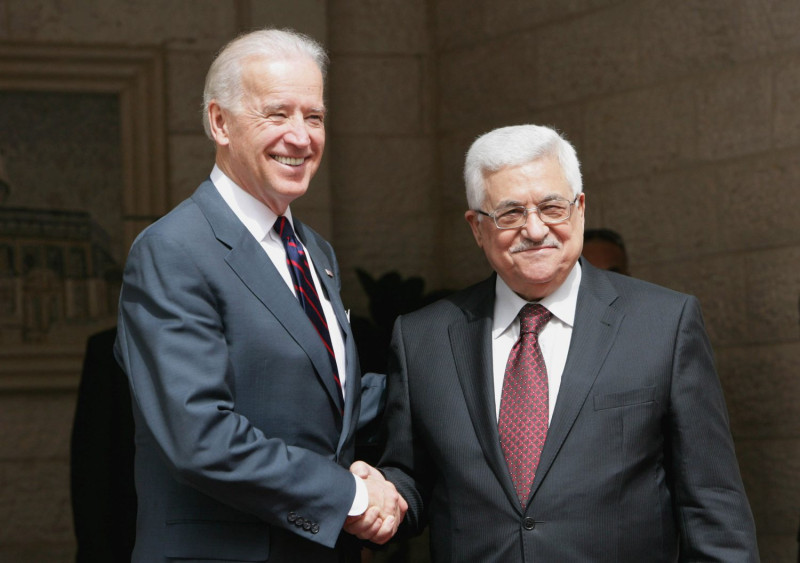
By: Ramona Wadi
Legislative polls to be held in May, presidential election set for July. The Palestinian president, Mahmoud Abbas, has announced parliamentary and presidential elections, the first in 15 years, in an effort to heal long-standing internal divisions. The move is widely seen as a response to criticism of the democratic legitimacy of Palestinian political institutions, including Abbas’s presidency.
It also comes days before the inauguration of the US president-elect, Joe Biden, with whom the Palestinians want to reset relations after they reached a low under Donald Trump. According to a decree issued by Abbas’s office on Friday, the Palestinian Authority (PA), which has limited self-rule in the Israeli-occupied West Bank, will hold legislative elections on 22 May and a presidential vote on 31 July.
“The president instructed the election committee and all state apparatuses to launch a democratic election process in all cities of the homeland,” the decree said, referring to the West Bank, Gaza and East Jerusalem.
Palestinian factions have renewed reconciliation efforts to try and present a united front since Israel reached diplomatic agreements last year with four Arab countries. Those accords dismayed Palestinians and left them more isolated in a region that has seen allegiances shift to reflect shared fears of Iran by Israel and Sunni-led Gulf Arab states.
Hamas, the Islamist militant group, which is Abbas’s main domestic rival, welcomed the announcement. “We have worked in the past months to resolve all obstacles so that we can reach this day,” a Hamas statement said. It called for fair elections in which “electorates can express their will without restrictions or pressures”.
With Biden taking office on 20 January, “it is as if the Palestinians are telling the incoming US administration: we are ready to engage” said Hani Habib, a Gaza analyst. But the veteran West Bank analyst Hani al-Masri was skeptical that the elections would happen. He cited internal disagreements within Abbas’s Fatah and Hamas, and likely US, Israeli and European Union opposition to any Palestinian government including Hamas, which they regard as a terrorist group.
“Will it end the division or perpetuate it … and will its results be respected by the Palestinians, Israelis and Americans?” Masri asked in a social media post. The Palestinians’ last parliamentary ballot, in 2006, resulted in a surprise win by Hamas, creating a rift that deepened when Hamas seized military control of Gaza in 2007.
Recent polls suggest a tight contest. In December 2020 the Palestinian Center for Policy and Survey Research found that 38% would vote for Fatah in parliamentary elections, against 34% for Hamas. But it predicted that Hamas would have the edge in a presidential vote, with 50% preferring the Hamas leader Ismail Haniyeh and 43% Abbas.
Although Abbas won the last presidential election in 2005, Hamas did not run against him. Hamas dropped its boycott of the political process the following year, running a well-organized parliamentary campaign under the banner “Change and Reform” and defeating the hitherto-dominant Fatah faction that was widely seen as corrupt, nepotistic, out of touch and divided.
It remains unclear how Abbas will overcome the logistical difficulties of holding elections in three areas, each under different control. Israel captured East Jerusalem in the 1967 Middle East war and annexed it in a move that has not won international recognition. It regards all of Jerusalem as its capital, while Palestinians seek the city’s east as capital of a future state. Israel forbids any official activity in Jerusalem by the PA, saying it breaches 1990s interim peace deals.























